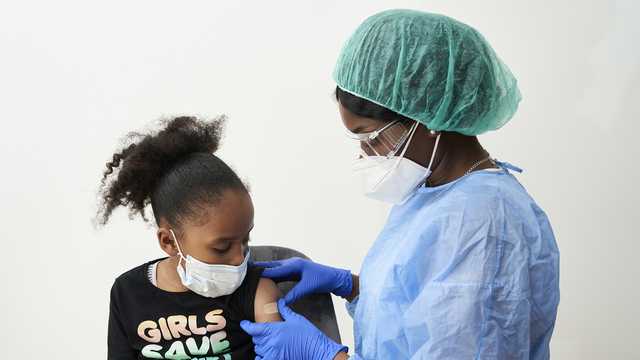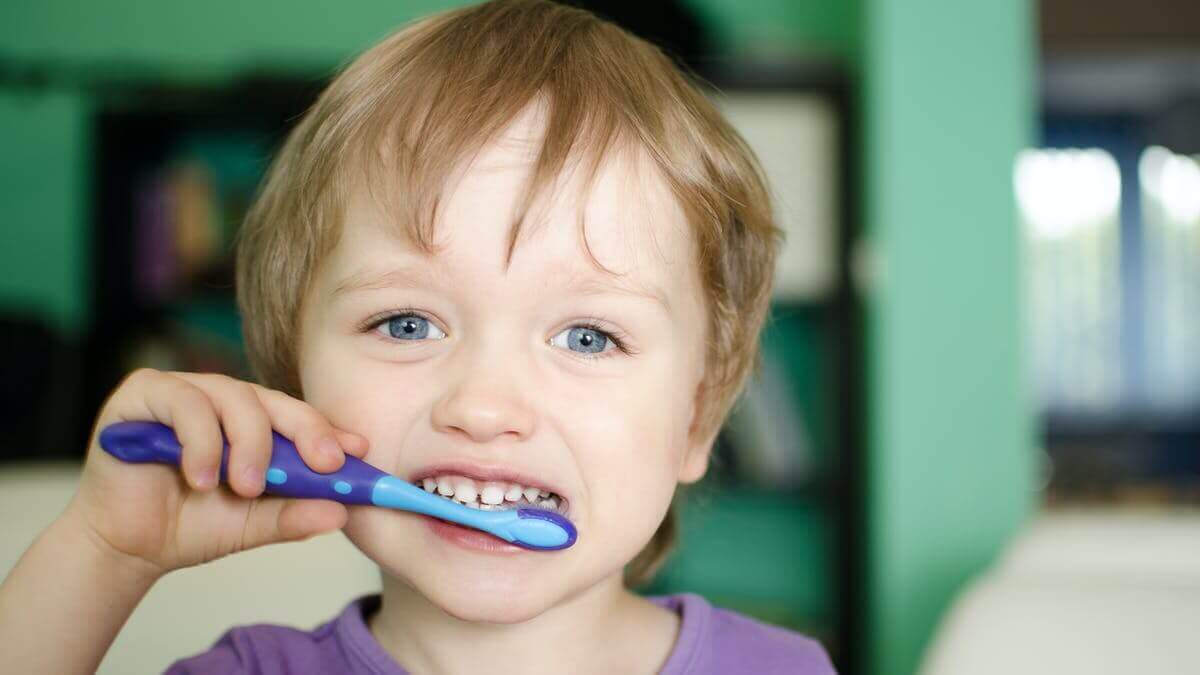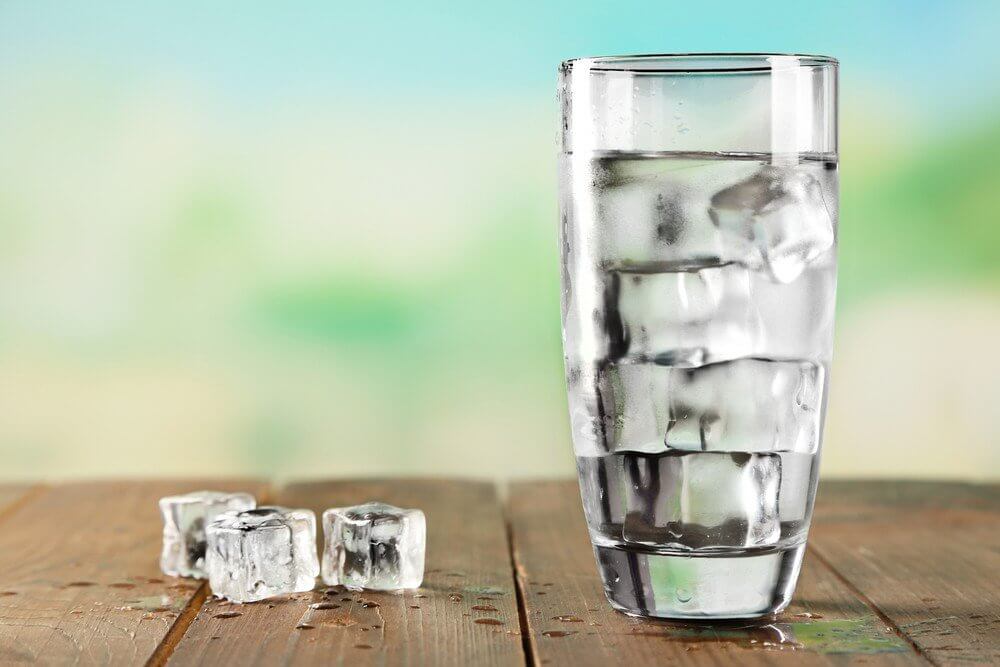US urges Covid boosters starting at age 12 to fight Omicron
Sat 08 Jan 2022, 12:53:07

The U.S. is urging that everyone 12 and older get a COVID-19 booster as soon as they’re eligible, to help fight back the hugely contagious omicron mutant that’s ripping through the country.
Boosters already were encouraged for all Americans 16 and older, but Wednesday the Centers for Disease Control and Prevention endorsed an extra Pfizer shot for younger teens — those 12 to 15 — and strengthened its recommendation that 16- and 17-year-olds get it, too.
“It is critical that we protect our children and teens from COVID-19 infection and the complications of severe disease,” Dr. Rochelle Walensky, the CDC’s director, said in a statement Wednesday night.
“This booster dose will provide optimized protection against COVID-19 and the Omicron variant. I encourage all parents to keep their children up to date with CDC’s COVID-19 vaccine recommendations,” she said.Vaccines still offer strong protection against serious illness from any type of COVID-19, including omicron — what experts say is their most important benefit. But the newest mutant can slip past a layer of the vaccines’ protection to cause milder infections.
Studies show a booster dose at least temporarily revs up virus-fighting antibodies to levels that offer best chance at avoiding symptomatic infection, even from omicron. Earlier Wednesday, the CDC’s independent scientific advisers wrestled with whether a booster should be an option for
younger teens, who tend not to get as sick from COVID-19 as adults, or more strongly recommended.
younger teens, who tend not to get as sick from COVID-19 as adults, or more strongly recommended.
Giving teens a booster for a temporary jump in protection against infections is like playing whack-a-mole, cautioned CDC adviser Dr. Sarah Long of Drexel University. But she said extra shot was worth it to help push back the omicron mutant and shield kids from missed school and other problems that come with even a very mild case of COVID-19.
More important, if a child with a mild infection spreads it to a more vulnerable parent or grandparent who then dies, the impact “is absolutely crushing,” said panelist Dr. Camille Kotton of Massachusetts General Hospital.
“Let’s whack this one down,” agreed Dr. Jamie Loehr of Cayuga Family Medicine in Ithaca, New York. The vaccine made by Pfizer and its partner BioNTech is only option for American children of any age. The CDC says about 13.5 million children ages 12 to 17 — slightly more than half of that age group — have received two Pfizer shots. Boosters were opened to 16- and 17-year-olds last month.
Wednesday’s decision means about 5 million of younger teens who had their last shot in spring are eligible for a booster right away. New U.S. guidelines say anyone who received two Pfizer vaccinations and is eligible for a booster can get it five months after their last shot, rather than six months previously recommended.
No Comments For This Post, Be first to write a Comment.
Most viewed from Health
AIMIM News
Latest Urdu News
Most Viewed
May 26, 2020
Do you think Canada-India relations will improve under New PM Mark Carney?
Latest Videos View All
Like Us
Home
About Us
Advertise With Us
All Polls
Epaper Archives
Privacy Policy
Contact Us
Download Etemaad App
© 2025 Etemaad Daily News, All Rights Reserved.






























